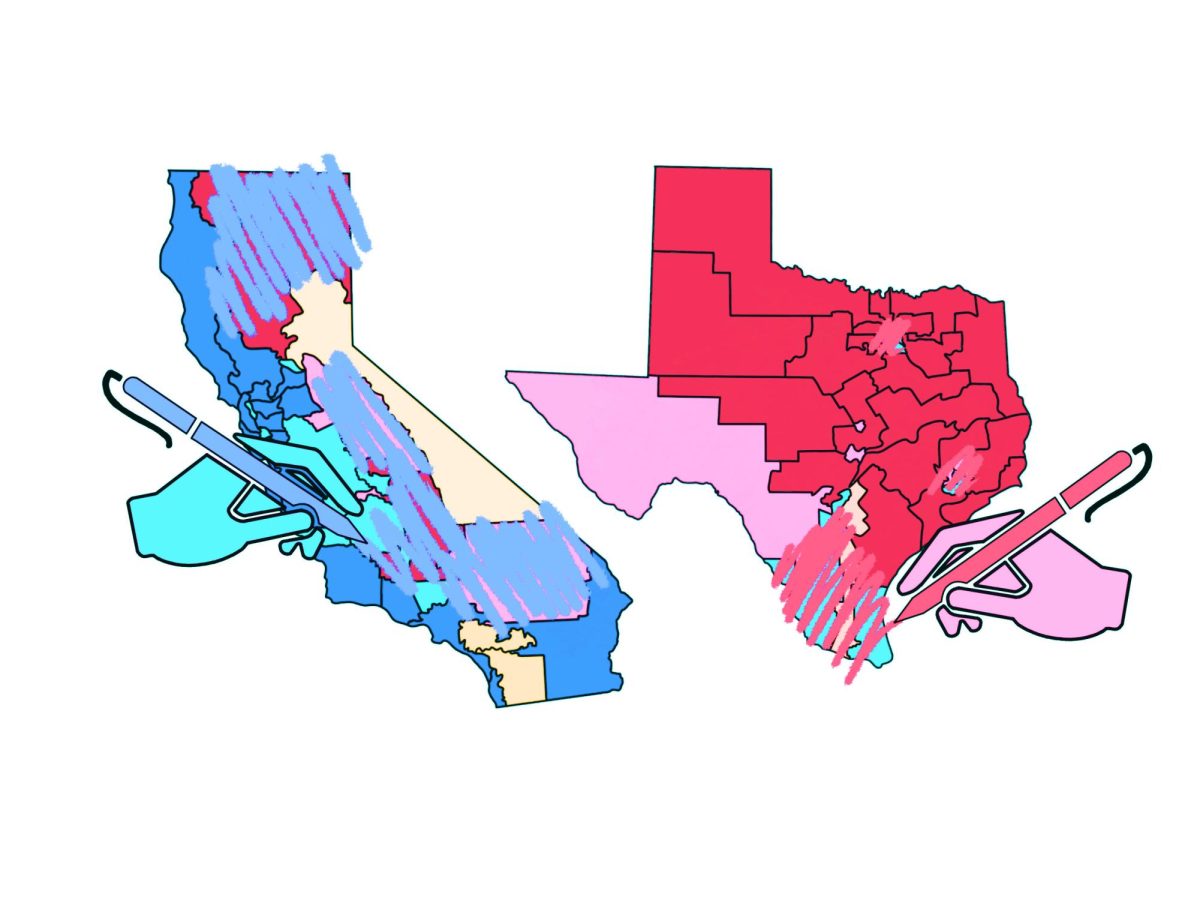Over a thousand pounds of food waste and nearly four tons of CO2 emissions later, society is faced with rising food waste concerns.
The school balances a delicate equation of food supply and environmental impacts: feeding hundreds of students and faculty members five days a week while simultaneously maintaining an environmentally conscious footprint.
Traditionally, the school has taken a conservative approach, prioritizing feeding the community. But as the school receives alarming statistics, former Green Team sponsor Reily Walker doesn’t want the issue to remain silent forever.
“The amount of food that just gets scraped off of plates and into the trash cans in the cafeteria — it’s a pretty telling story in terms of how much food we actually don’t even need to be making for our population,” Walker said.
However, Walker realizes that there are several challenges in reducing food waste.
“It’s hard to predict the palette of a Lower Schooler or a Middle Schooler and an Upper Schooler,” Walker said. “So, being able to anticipate how much food to create (is hard). Obviously, if you’re serving food to a community, being underprepared would be your worst-case scenario.”
Recognizing the inherent surplus of food waste, Walker proposes two solutions to the problem. For the school, she suggests repurposing excess food waste into compost.
“I do think setting up some kind of composting program would be really beneficial,” Walker said. “It’d be extra cool to be able to do it so that it comes back full circle on campus in some way, whether we have it composted into a community garden or something where we can then generate our own food too.”
Alternatively, Walker proposes a different solution — donating unneeded food waste to give back to the community. “I know we’ve done something in the past where we coordinate with shelters or things like pursuit kitchens, where we donate some of that unused food,” Walker said.
Within the community, Walker stresses the importance of educating students and faculty about environmental impacts.
“I think just more community, education and engagement, bringing in people who do this for their living it is pretty important to hear that lesson,” Walker said.








